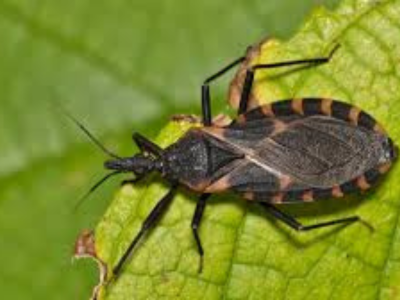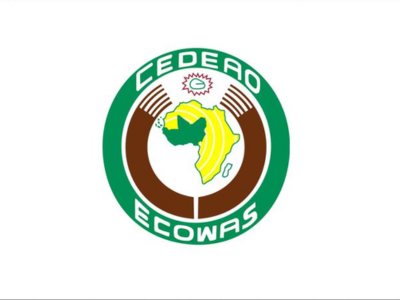US State Faces Silent Threat as 100,000 Affected by Chagas Disease
- by Admin.
- Sep 06, 2025

Credit:
Health experts in the United States of America have sounded the alarm over Chagas disease, a potentially lethal condition spread by kissing bugs, with estimates suggesting nearly 100,000 Californians may be unknowingly affected.
The parasite-driven illness, caused by Trypanosoma cruzi and transmitted through bites from the Triatomine insect—commonly known as the kissing bug due to its tendency to bite near the mouth or eyes at night—remains dormant for years before potentially triggering severe complications such as cardiac arrest and strokes.
Once prevalent in Mexico, Central America, and South America, the kissing bug has now established itself in 30 U.S. states, with California reporting the highest incidence, ranging between 70,000 and 100,000 cases.
This figure reflects a significant portion of the estimated 280,000 cases nationwide, largely attributed to the state’s large population from endemic regions.
Globally, around 8 million people, predominantly in Latin America, are affected. California health data indicates that of 40 cases reported between 2013 and 2023, 31 were linked to infections acquired abroad, though local transmission cannot be ruled out.
The disease’s stealth is a major concern, as early symptoms like fatigue, fever, or body aches often go unnoticed or mimic other ailments, allowing the parasite to cause silent damage over decades.
The U.S. hosts approximately 12 kissing bug species, four of which are present in California, with the parasite also detected in local wildlife such as wood rats, skunks, and mice.
No vaccine exists, and prevention relies on avoiding contact with the insect. Researchers have urged the World Health Organization and the Centers for Disease Control and Prevention to classify Chagas as endemic in the U.S. to enhance awareness and response.













0 Comment(s)